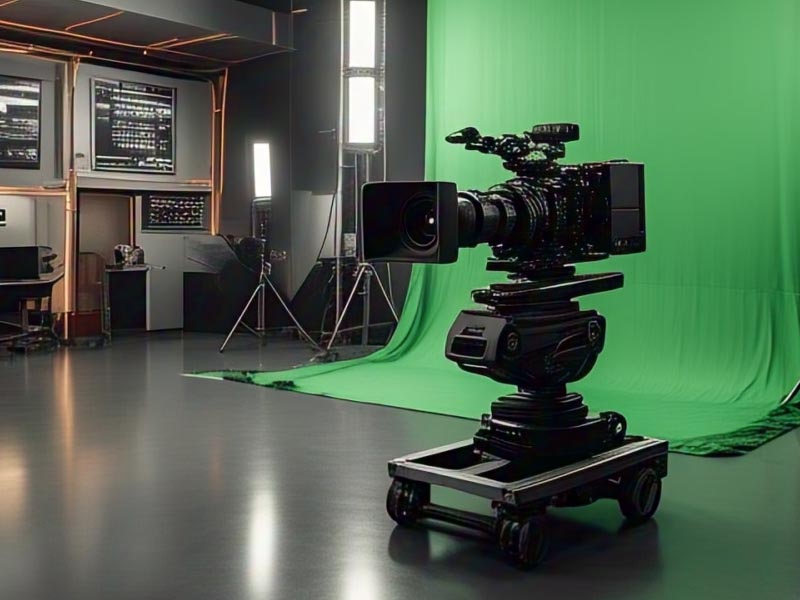
Shahid Online – Transforming Filmmaking has become an ongoing evolution, driven by groundbreaking technological advancements. From redefining storytelling to enhancing production efficiency, emerging tools such as Virtual and Augmented Reality (VR/AR) and Artificial Intelligence (AI) are reshaping the cinematic experience. As filmmakers embrace these innovations, the industry is witnessing a shift in how movies are created, edited, and consumed.
Transforming Filmmaking with immersive experiences is now more possible than ever with the rise of Virtual and Augmented Reality. Filmmakers are integrating these technologies to engage audiences in ways that extend beyond traditional screens. VR allows viewers to step inside a story, offering 360-degree perspectives and interactive elements that make films more engaging. Meanwhile, AR enhances real-world environments with digital overlays, allowing filmmakers to merge reality and fiction seamlessly.
“Satellite Reveals China Building Giant Nuclear Aircraft Carrier”
This transformation is already evident in experimental films and interactive cinema projects. Audiences are no longer just passive spectators; they are becoming active participants in the narrative. As VR and AR technology continue to advance, their role in the film industry will only expand, pushing the boundaries of storytelling and audience engagement.
Artificial Intelligence is playing a crucial role in transforming filmmaking by streamlining various aspects of production. AI-powered software is now capable of analyzing scripts, predicting audience responses, and even generating realistic visual effects with minimal human intervention. Machine learning algorithms assist editors in automating tedious tasks, allowing them to focus on creative decisions rather than manual labor.
One of the most notable advancements in AI filmmaking is deepfake technology, which, while controversial, demonstrates the power of machine learning in creating lifelike digital performances. Additionally, AI-driven tools help filmmakers optimize budgets, improve CGI rendering, and even enhance sound design with greater precision. The integration of AI in filmmaking is not replacing human creativity but amplifying it, making production more efficient and dynamic.
With continuous advancements in digital tools, transforming filmmaking is set to reach new heights. The combination of AI, VR, and AR is creating endless possibilities for directors, producers, and cinematographers to explore innovative storytelling methods. As the industry adapts to these changes, audiences can expect more interactive, visually stunning, and emotionally resonant cinematic experiences.
While some traditionalists may resist the shift, the evolution of filmmaking technology is inevitable. From pre-production to post-production, these innovations are shaping the future of cinema, making it an exciting era for filmmakers and moviegoers alike.
“Offshore Wind Survey Reveals Oregon’s Divide”
